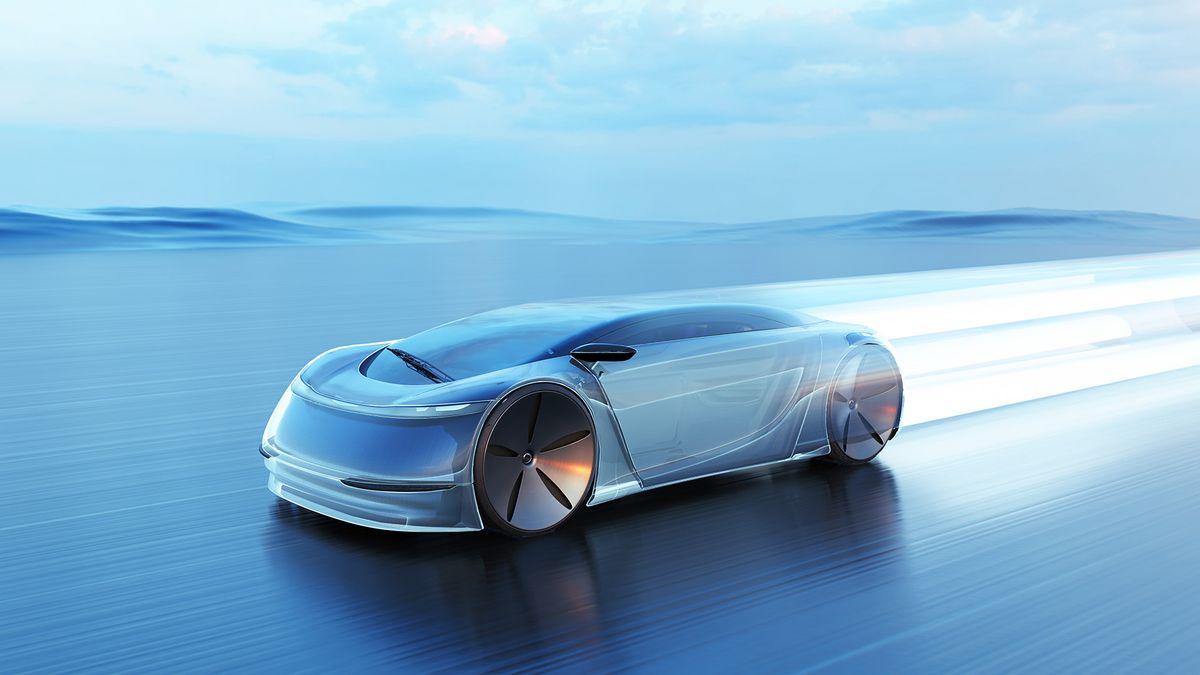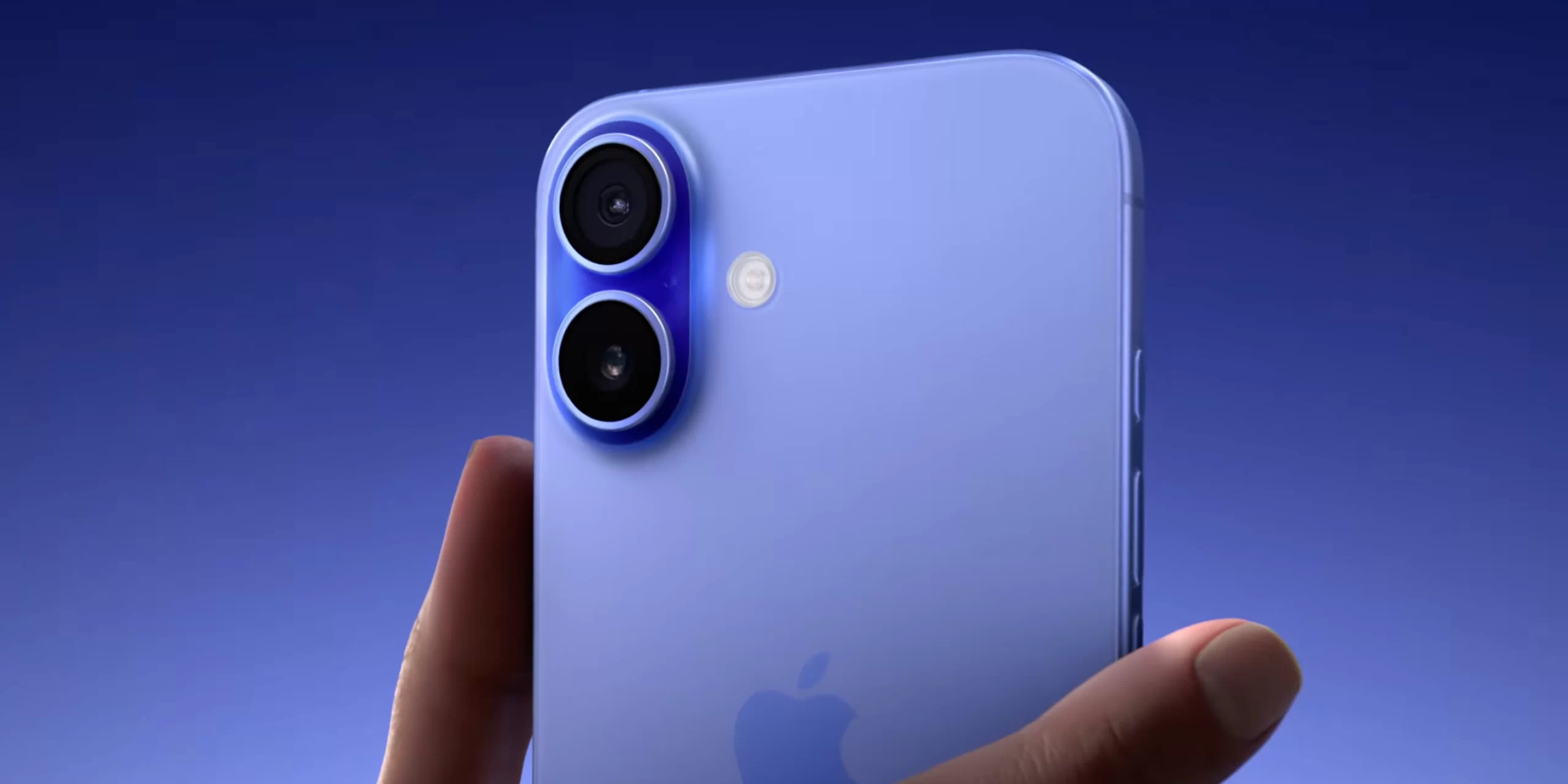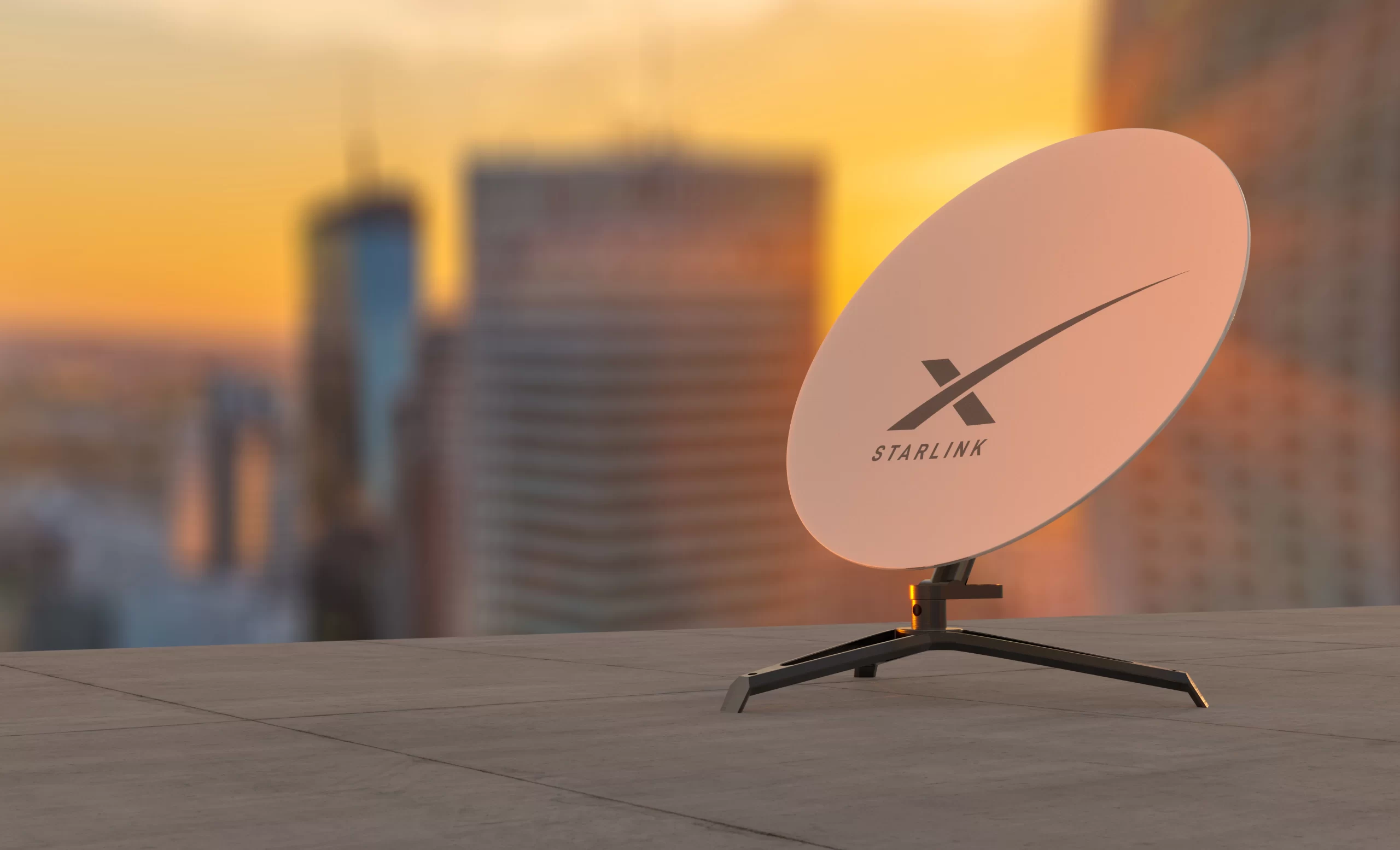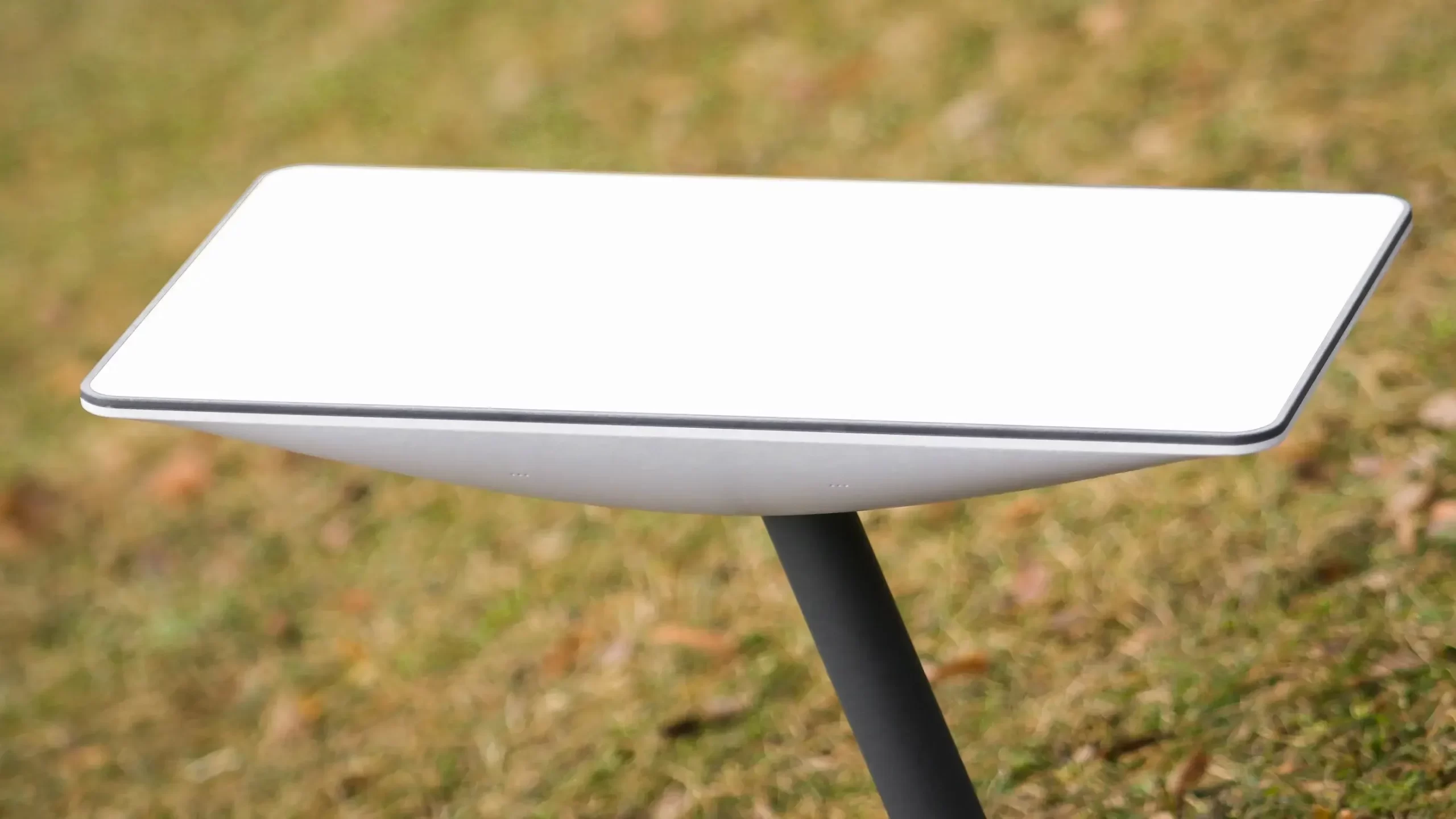A UK start-up, Nyobolt, has showcased an electric car battery capable of charging from 10% to 80% in just four minutes and 37 seconds. This groundbreaking achievement was demonstrated with a specially-designed concept sports car on a test track in Bedford, marking a significant step towards faster electric vehicle (EV) charging.
In comparison, the current Tesla supercharger can charge a car battery to 80% in approximately 15-20 minutes. Experts assert that reducing “range anxiety”—the fear of running out of power before reaching a charging station—is essential for broader EV adoption. Paul Shearing, Professor of Sustainable Energy Engineering at Oxford University, emphasized the importance of both rapid charging technology and expanding the charging infrastructure.
“Developing technology that enables quicker charging, akin to the time it takes to refuel a conventional car, is crucial,” Shearing told the BBC. He also stressed the need for an increase in fast-charging stations, as drivers will demand faster charging options regardless of their vehicle type.
The Nyobolt battery, tested over two days, provided a range of 120 miles after a short charge. In contrast, a Tesla charged to 80% typically offers up to 200 miles. Despite the demonstration facing challenges such as a UK heatwave, a cooling system failure in the concept car, and the use of a non-Nyobolt standard charger, Dr. Sai Shivareddy, Nyobolt’s co-founder, regarded the test as a significant milestone for EV technology.
Shivareddy, who admitted the public test was “nerve-wracking,” humorously noted that his own car was still charging after being plugged in earlier that day. He stated that while the live demonstration did not fully replicate lab results—where the battery can charge from 0% to 100% in six minutes—it still showcased significant progress in battery technology.
Nyobolt plans to partner with existing car manufacturers rather than producing its own vehicles. The company aims to integrate its battery technology into EVs on a small scale within a year. Although the 350kW DC superfast chargers required for this battery are available in the UK, they are not yet widespread.
The firm also claims that its battery minimizes degradation, maintaining 80% charge capacity even after 4,000 cycles. For context, a full cycle is a complete charge from 0% to 100%, but this can be accumulated over multiple partial charges.
The global race to develop faster, more powerful, lighter, and durable batteries is intensifying. Last year, Toyota announced a breakthrough in solid-state battery technology that could charge in ten minutes and last 1,200 km (approximately 754 miles). Similarly, US start-up Gravity has developed a compact charger that can add 200 miles of range in under 13 minutes.
Dr. Edward Brightman, a lecturer in chemical engineering at Strathclyde University, pointed out that while rapid charging is beneficial for long journeys, the main barrier to EV adoption lies in the supporting infrastructure. “Electric cars aren’t limited by the batteries anymore,” he said. “We urgently need to upgrade the grid and deploy rapid chargers capable of delivering the necessary charge to the battery”.
















